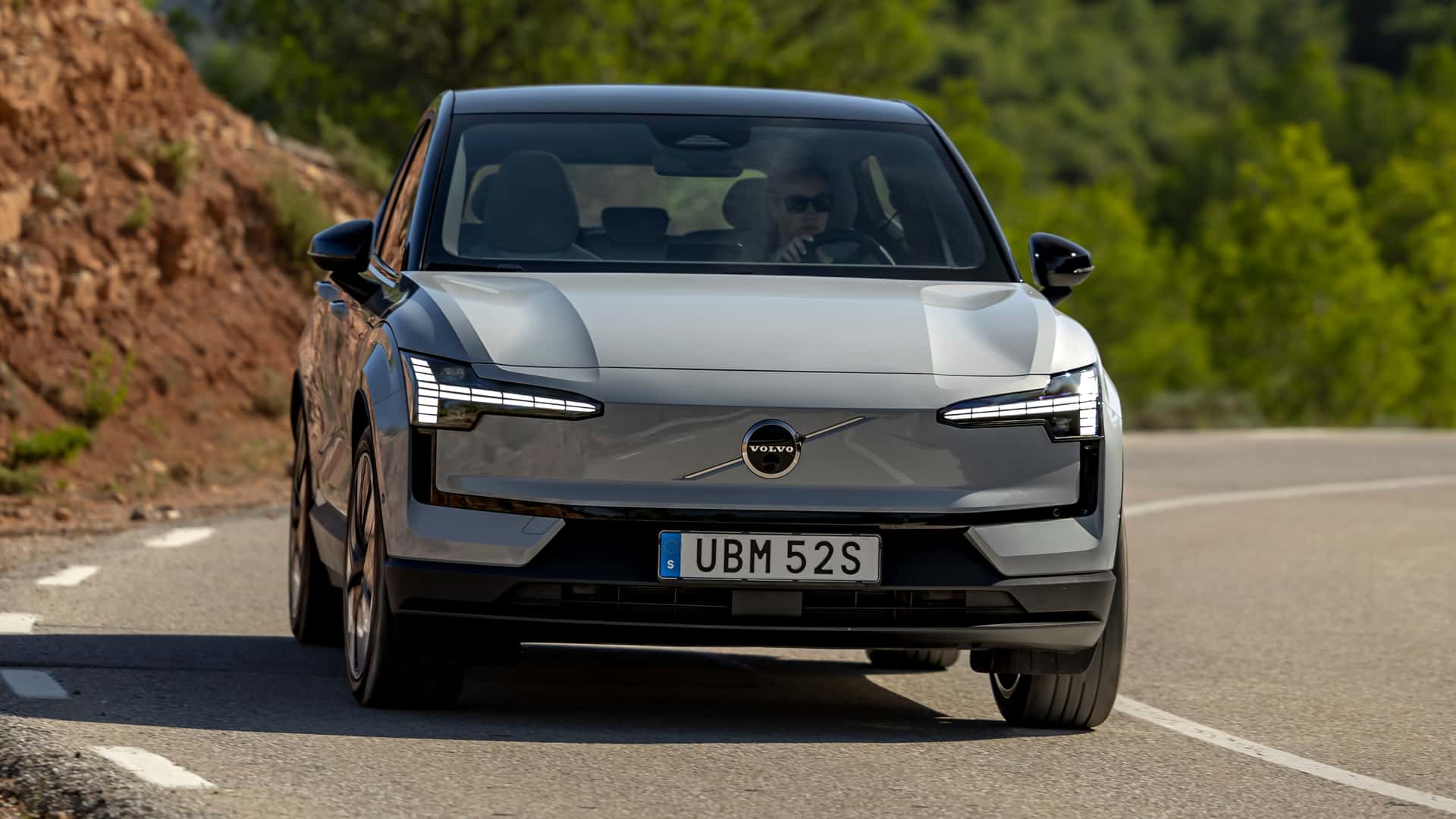Data from thousands of EVs shows the average daily driving distance is a small percentage of the EPA range of most EVs.
For years, range anxiety has been a major barrier to wider EV adoption in the U.S. It’s a common fear: imagine being in the middle of nowhere, with 5% juice remaining in your battery, and nowhere to charge. A nightmare nobody ever wants to experience, right? But a new study proves that in the real world, that’s a highly improbable scenario.
After analyzing information from 18,000 EVs across all 50 U.S. states, battery health and data start-up Recurrent found something we sort of knew but took for granted. The average distance Americans cover daily constitutes only a small percentage of what EVs are capable of covering thanks to modern-day battery and powertrain systems.
The study revealed that depending on the state, the average daily driving distance for EVs was between 20 and 45 miles, consuming only 8 to 16% of a battery’s EPA-rated range. Most EVs on sale today in the U.S. offer around 250 miles of range, and many models are capable of covering over 300 miles.



Hybrids are the most reliable. That’s my point.
The overall numbers are a bit misleading yes. But…
So its still possible to pick out reliable PHEVs with research (and EVs I guess). But all this “Hybrids are more complex” is a crock of bullshit. They’re literally the most reliable vehicle on the market when taken as a whole.